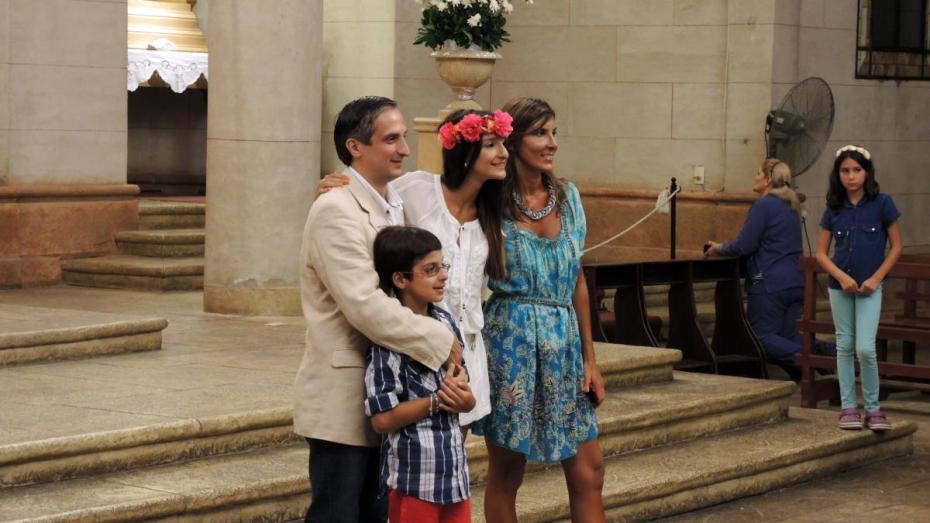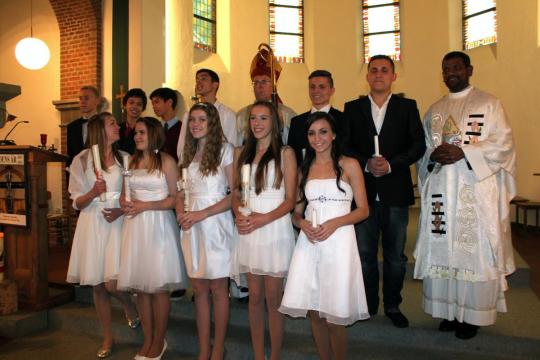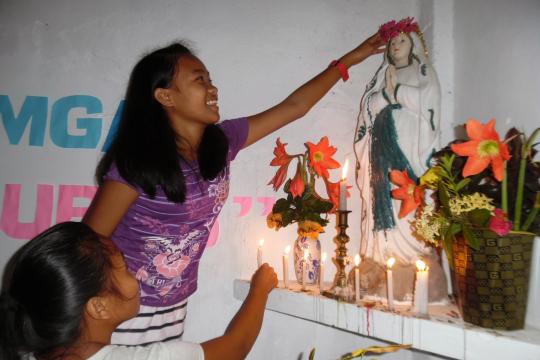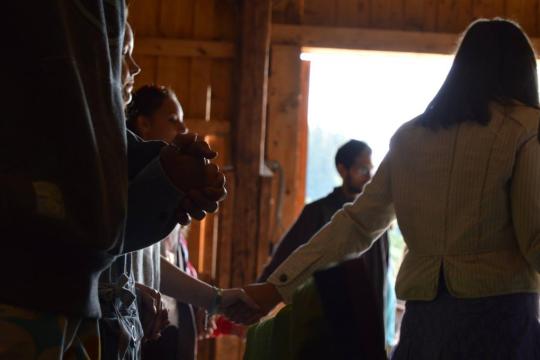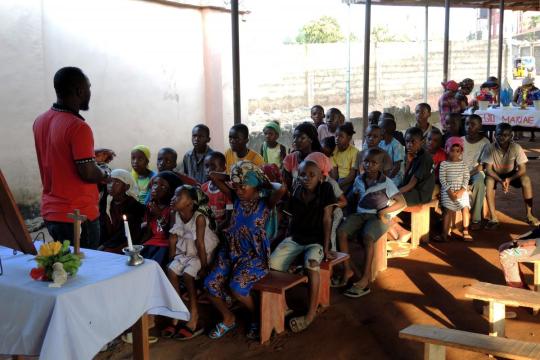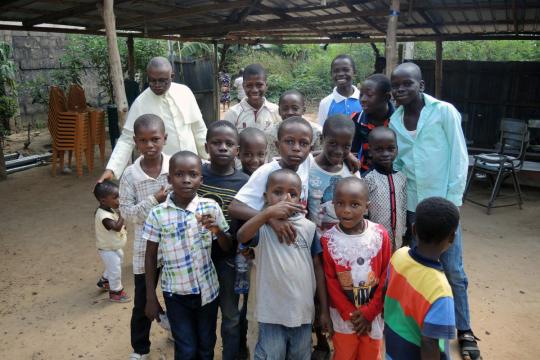Raising children is one of the most fundamental concerns in most people's lives, and a good deal of data suggests that even loosely affiliated Catholics are likely to turn to religion with the expectation that it will help raise their children well. In many cultures, adults express considerable anxiety about how children are raised and how adequately the faith is passed to the next generation.
Yet scholars have not paid sustained attention to the religious life and practice of Catholic children, nor to the ways Catholicism influences parents’ attitudes toward child-rearing, or particular cultures affect Catholic parents’ attitudes. Most of the scholarly literature on childhood presumes child-rearing to be a secular activity. In different cultures, parents can hold a range of shared beliefs of what children need most, and how and by whom they should be raised.
Cultural expectations about the ideal qualities of childhood and the transitions of youth to adulthood are perhaps the most taken-for-granted as “natural” of all cultural assumptions in most societies, but these are certainly always culture-bound. One layman, Tom Neary, Chief Steward of the Irish shrine at Knock, pointed this out when he reflected back on his youth: “There was no youth culture at the time. Young and old mixed in. No sense of when you reached teenage years you should break away from the way you were reared.”1 Contemporary ideas about youth culture and children, no matter how “natural” they seem in a given context, are no less culture-bound than they were in Neary’s youth. Yet the assumptions one brings to childhood, youth culture and the transition to adulthood certainly play a radical role in reshaping religious life and culture in any society.
Among the issues worth examining cross-culturally are:
- the degree to which children are thought of as innocent and should (or can) be sheltered from the world of adults, and at what ages various sheltering protections are removed;
- "age-appropriate” religiosity: the religious stories, beliefs and practices formulated for children even with the notion that these would be superseded or reformulated as children grow up;
- different beliefs about children's proper role in the family;
- the qualities of education (including faith instruction) children should receive;
- at what age young people should be allowed to make decisions about different forms of belief and practice for themselves;
- the religious objects that are given to children;
- the kinds of religious organizations that children and teens belong to, and what they mean to those who belong to them and to their parents; and
- Catholic rituals like confirmation and quinceañera that mark the transition to adulthood.
- 1Tom Neary, “Tom Neary, Chief Steward at Knock” in Knock: and still they come, Colm Kilcoyne, ed. (Dublin: The Columba Press 2012) 32.
